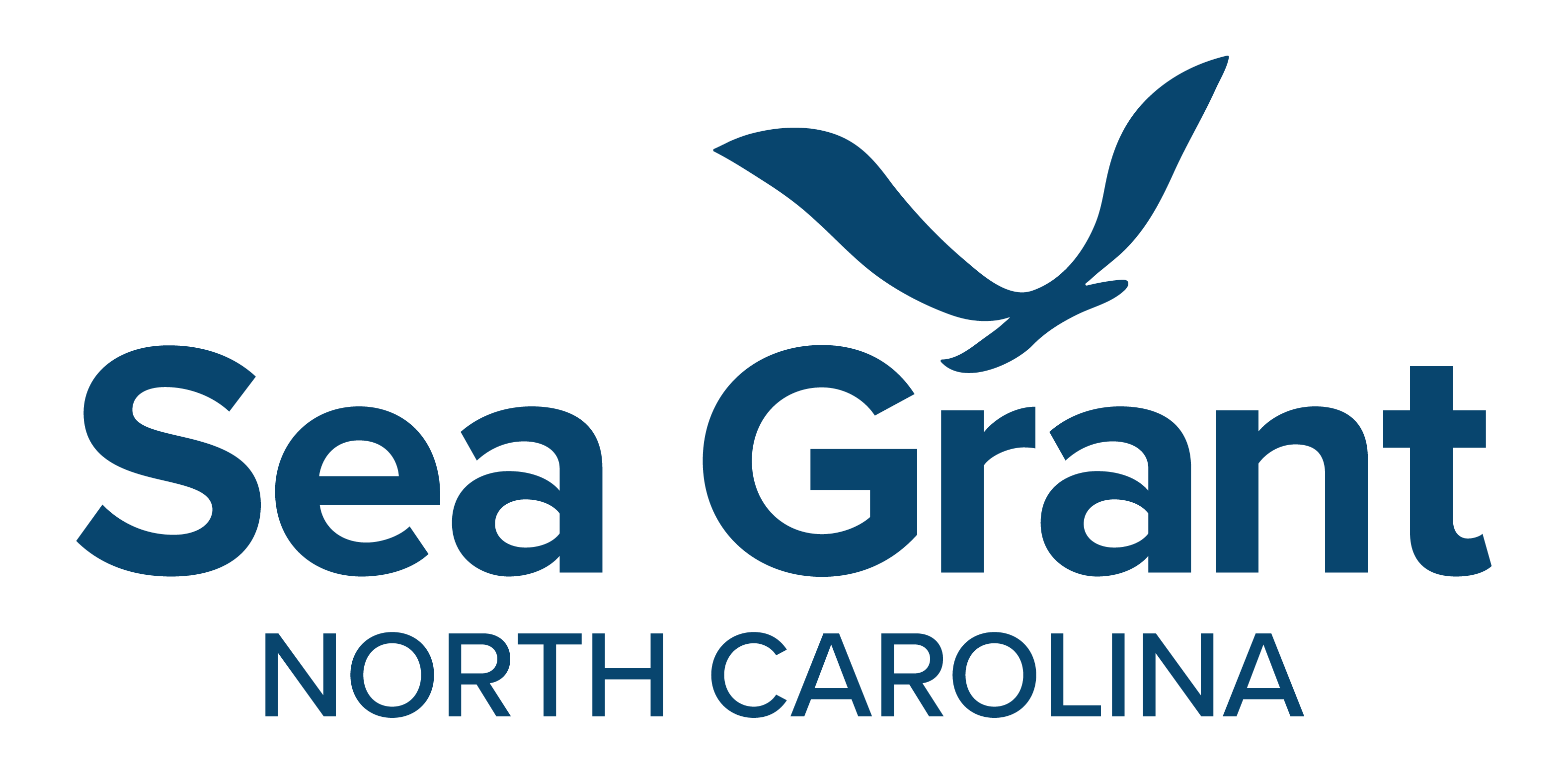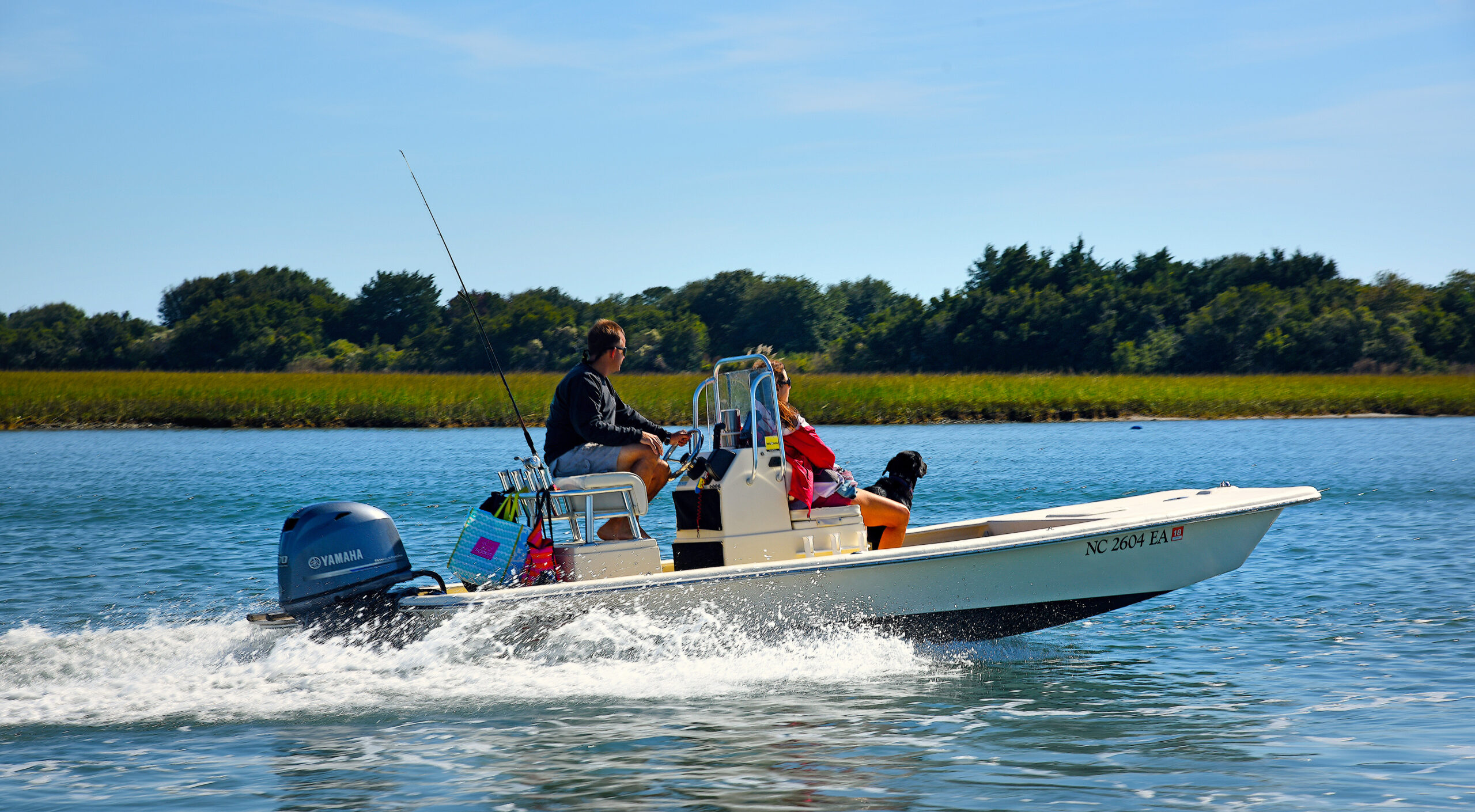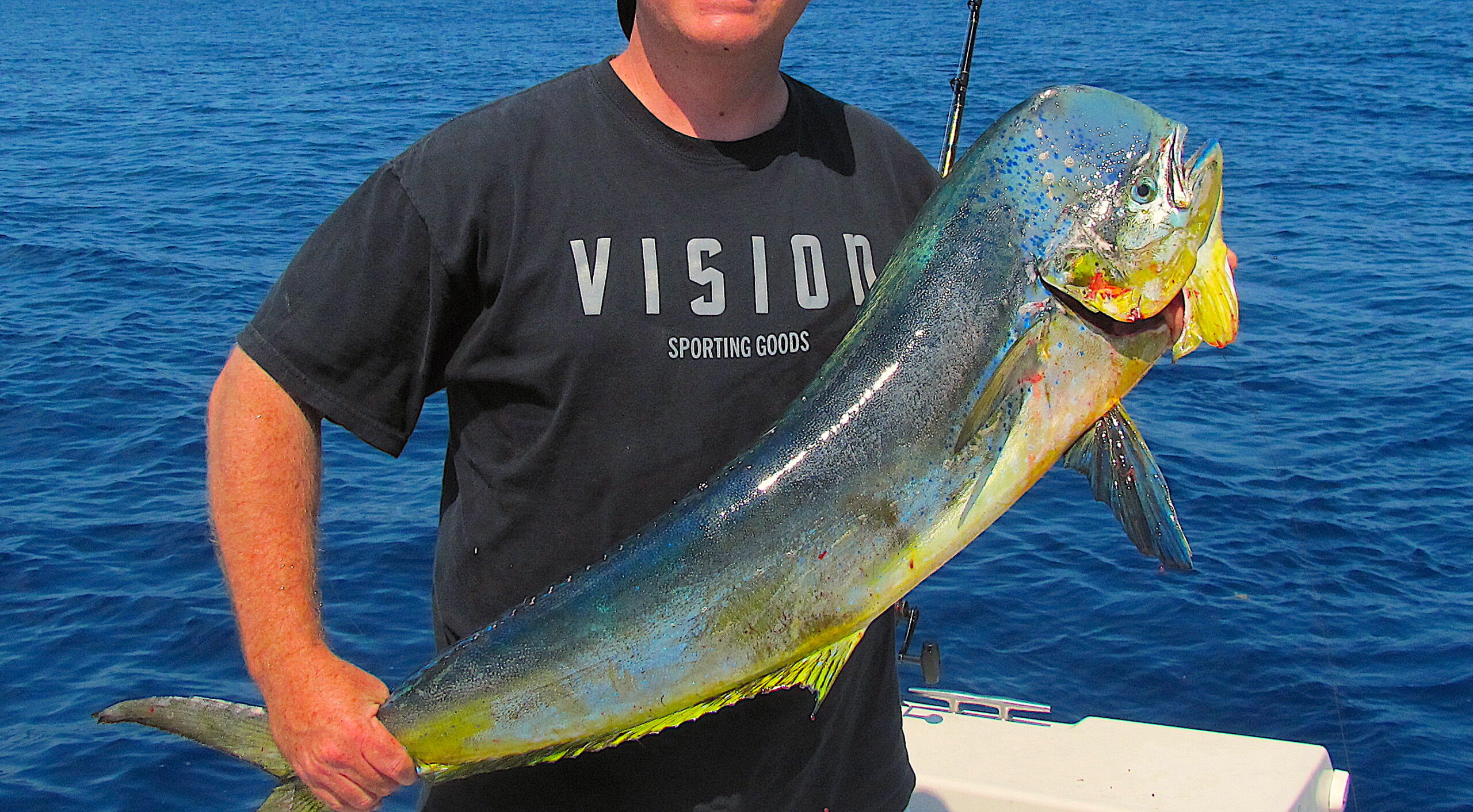What Type of Training Could Be Made Available For NC Fishing Guides?

A new certification program in Florida provides recognition for saltwater fishing guides that apply sustainable practices.
For-hire fishing is big business in the U.S. and particularly so in the Southeast. North Carolina is home to more than 800 licensed fishing guides whose customers cast a line in both our estuarine and marine waters. In this guest post, we learn how Florida is rolling out a voluntary program to provide continuing education to the for-hire industry. Might this approach be applicable to other states, including North Carolina?
Need
In Florida and many other states, guiding fishing trips is an increasingly popular profession. There are more than 4,500 licensed saltwater for-hire recreational fishing captains in Florida alone! According to the Florida Fish and Wildlife Conservation Commission, fishing charter guide licenses in Florida have increased more than 29% since 2009.
Increasing fishing activity can lead to increased strain on fish and their habitats. For example, anglers release up to 60% of fish that they catch recreationally, and improper handling practices can lead to high mortality rates in released fish, especially in warmer climates.
Anglers often consider guides as experts and will emulate their behavior. But what are fishing guides teaching anglers?
Challenge Presents Opportunity
While there are many experienced guides in the business, the rapid increase in new licenses indicates that there are likely to be many young or inexperienced captains in the workforce. With so many guides on the water, we at Florida Sea Grant and the University of Florida saw an opportunity to offer an educational experience. And the industry agreed. An exploratory survey of fishing guides in 2017 revealed that roughly 85% were interested in an educational certification program. So, we developed the curriculum with additional input from fishing guides through focus groups and follow-up surveys.
The result of our efforts, the Florida Friendly Fishing Guide (FFFG) certification program, delivers information but also provides recognition that can help guides set themselves apart from others. The FFFG program teaches about at least 64 science-based practices for proper fish handling and release, food safety, sustainable boating, and other topics. Guides can teach their clients to apply these practices, as important role models for other anglers.
The FFFG program launched in September 2019 using a fully online, self-paced format that gives fishing guides flexibility to fit the course around their busy and unpredictable schedules. The program is fully voluntary, and the registration fee supports program administration and marketing, as well as gear kits full of tools that support sustainable fishing. So far, we have certified almost 70 fishing guides, and many more are in the pipeline.
Feedback So Far
Feedback from guides has been overwhelmingly positive. For example, one guide said, “In my opinion, the information in the course perfectly addresses topics specifically related to our jobs.” Another reported: “I found the information in the course very helpful and informative and I will certainly be adjusting some of my practices to incorporate what I learned here. ”
The National Sea Grant Organization also recognized the program as a Superior Outreach Program Award winner for the Gulf of Mexico region. Several other states are interested in developing similar programs with buy-in from their own for-hire fishing industry.
Curriculum development was funded by an internal grant from UF/IFAS Extension Administration.
More information about the program, including a full listing of certified guides, is here.
Summary compiled by Savanna Barry, regional specialized extension agent, University of Florida IFAS Extension and Florida Sea Grant. Savanna is based in Cedar Key, Florida, at the UF/IFAS Nature Coast Biological Station. She specializes in coastal marine ecosystems, especially seagrass meadows. Her extension programs focus on sustainable coastal tourism, habitat restoration and enhancement, and coastal literacy and stewardship. Contact her at savanna.barry@ufl.edu.
Twitter: @seagrads, @ncbs_uf_ifas
Instagram: @UF_IFAS_NCBS
Facebook: UF IFAS Nature Coast Biological Station (@ncbs.ifas.ufl.edu)
The text from Hook, Line & Science is available to reprint and republish in its entirety and with this attribution: Hook, Line & Science, courtesy of Scott Baker and Sara Mirabilio, North Carolina Sea Grant.
Lead photo by Tyler Jones, UF/IFAS
- Categories:



